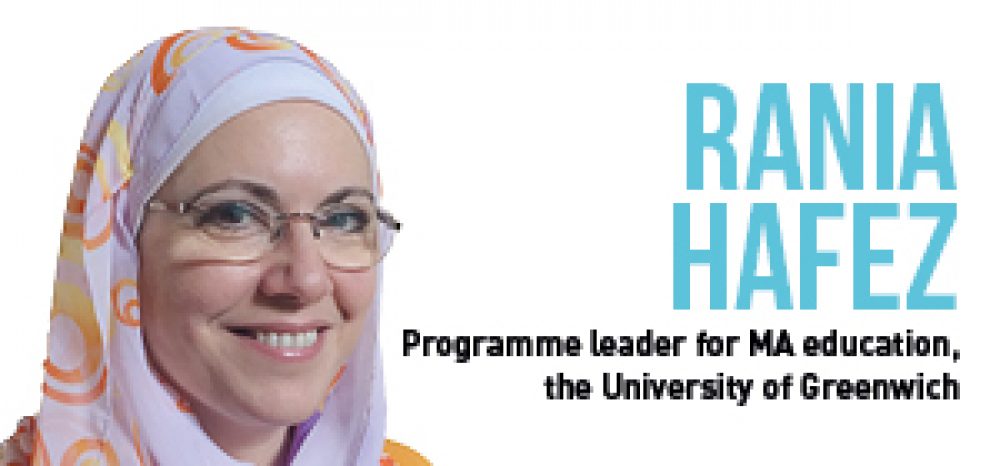The crude imposition of Prevent in colleges has created a with-us-or-against-us mentality, running roughshod over the British value of tolerance, argues Rania Hafez
At the beginning of the academic year as my second-year students were streaming in, I noticed one of the lads sporting a slightly bushier beard, and found myself wondering whether it was a hipster beard or a radicalised beard.
Needless to say, the young man in question was Asian Muslim. That is how pervasive the Prevent agenda has become, reducing a teacher (and a Muslim one at that) to racially profiling students and questioning the meaning of their facial hair!
While it is indisputable that the UK and mainland Europe face an ongoing terrorist threat from groups and individuals who self-identify as Muslim, the response to that threat as exemplified by the Prevent policy, a key component of CONTEST, the government’s counter-terrorism strategy, has been counterproductive and particularly damaging to education. Let me outline why.
Neither bushy beards nor burqas are a precursor to terrorist outrages
Firstly Prevent makes a categorical error in assuming that there is a conveyer-belt process that leads from “moderate” religiosity to murderous radicalisation. In fact, neither bushy beards nor burqas are a precursor to terrorist outrages. This fundamental fault has branded an entire faith and its followers as susceptible to extremism, and made teachers responsible for spotting some rather elusive signs. And herein lies the second problem: how are we to define that extremism? Face furniture and sartorial preferences clearly are the wrong way to go.
The government defines extremism as “vocal or active opposition to fundamental British values, including democracy, the rule of law, individual liberty and mutual respect and tolerance of different faiths and beliefs”. Yet as any moral philosopher will tell you, values are not geographically bound nor defined by a national legal identity such as being “British”.
The values under question are not absolute: democracy and the rule of law are mutable concepts, open to different perspectives which can at times be contradictory. Take a student who points out in class that opposing unjust laws is a moral imperative and a democratic duty. Under the guidelines she may very well find herself falling foul of this policy and branded an extremist. The whole concept is educationally incoherent.
As a sector we have bought into a flawed policy that is jeopardising our mission and role as educators
The trouble with Prevent is that it will only prevent what education should be encouraging: critical engagement with difficult, even controversial ideas, in an atmosphere that promotes that most fundamental of educational values, freedom of thought and expression.
As a sector we have bought into a flawed policy that is jeopardising our mission and role as educators. And we cannot claim that we did so unwittingly.
The crude imposition and policing of Prevent and British values in schools and colleges have created a binary situation, saying either “you are with us or against us”, totally oblivious to the irony of the fourth British value, “tolerance of different faiths and beliefs”.
We are complicit as a nation in problematising a whole faith community and pathologising actions that are simply an expression of religious observance. We are asked to spy on our Muslim students who are deemed latent victims of radicalisation in need of constant surveillance. And witness the recent Ofsted edict requiring inspectors to question primary school girls who wear a headscarf. It may very well be bushy beards next!
The impact of the Prevent policy on education and on us as educationalists is grave. Prevent has helped legitimise a wider Islamophobic discourse, and our uncritical compliance has made us party to that discourse. That is quite serious indictment for a sector and a profession whose vocation is nurturing critical objective enquiry and promoting equity and justice.
More importantly though, we are failing in upholding and safeguarding education’s sacred purpose and its foundational principles: freedom of thought, freedom of expression, and the unfettered pursuit of knowledge. These are our society’s principal weapons in confronting and defeating extremist ideas, wherever they may come from.
Rania Hafez is programme leader for MA education at the University of Greenwich








Your thoughts